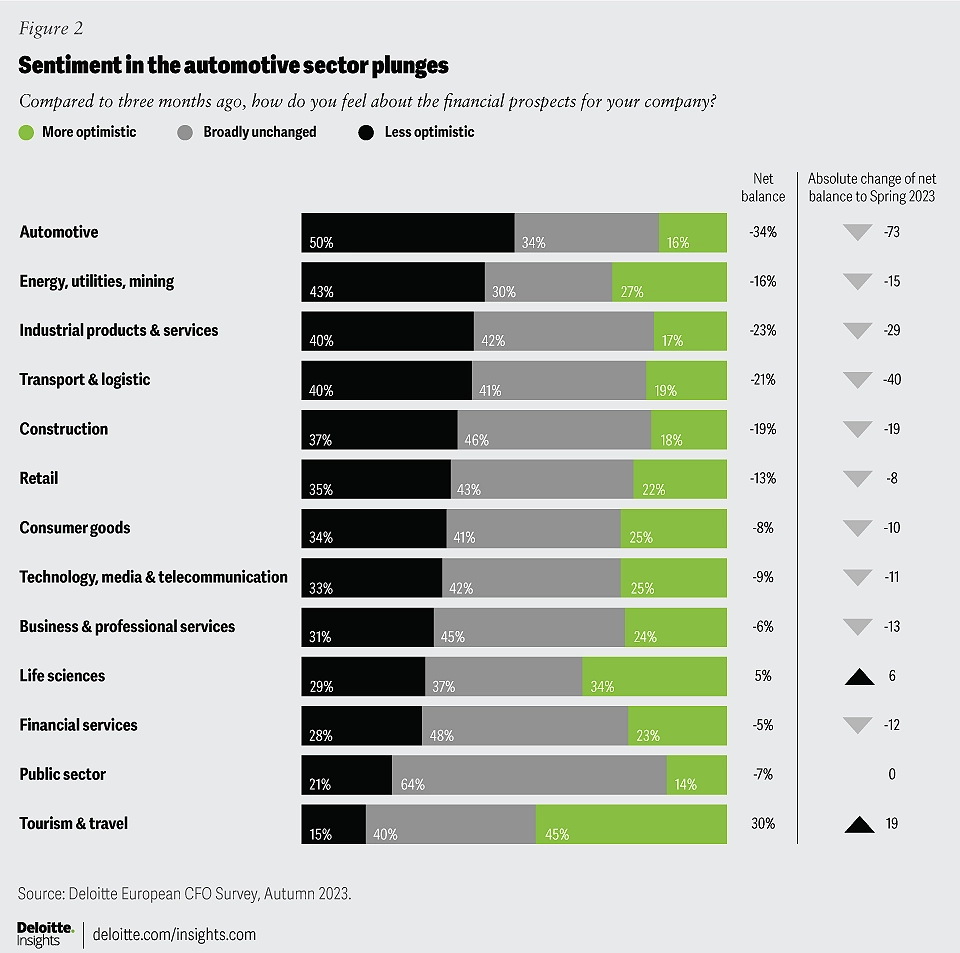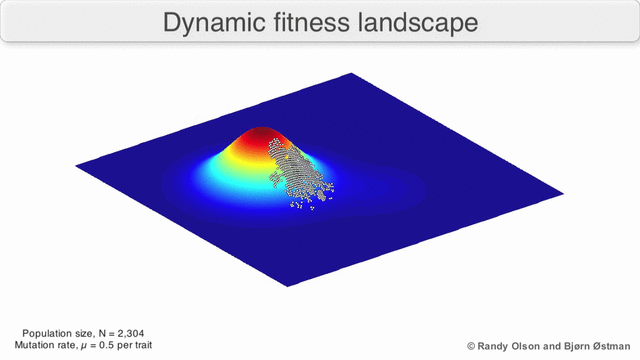E volto à leitura de "The World of Work to 2030" para encontrar uma série de textos que parecem tirados deste blogue. Textos acerca de como competir em Mongo:
"You just won't see it coming
Buyers, whether businesses or consumers, will become even more swamped by choice than they are today. This means you will have to fight harder to rise above the noise of the competition. [Moi ici: Uma paisagem cada vez mais enrugada, cada vez mais picos]
...
Focus and Size
The forces playing out mean that companies everywhere will face continual, relentless, competitive threats. This poses an obvious question: How to respond?
To succeed in the future, companies will be forced to think consciously about what they are and how they do it. With competition becoming incessant and global, companies will need to decide what they do, what market they will focus on and where they will specialize. Most importantly, at the same time, they will consciously decide what they are not, which markets they are not focusing on and where they will not specialize.
This merely echoes what Harvard Business School professor Michael Porter said when defining strategy: 'the essence of strategy, is choosing what not to do.'
...
Just say 'no'
The challenge in business (and to a similar extent in our personal lives) is that we seek to do too much ourselves. When a customer calls us asking for help, or wanting a different product or a different service, we dislike saying no. The same thing happens in our personal lives where we seek to do everything - all the tasks that life presents us with, from gardening to decorating - and to be expert in them all. No business can be expert in everything. It is exceptionally easy to say 'yes' to a customer. But as we progress further away from what we are good at, from what we are known for and from where our expertise lies, the thinner the ice on which we are skating and the greater the risk in something going wrong.
...
To be successful, companies will not be able to be all things to all customers. They can't spread themselves too thin being, in effect, wide and shallow. If they do, competition will swarm around them, nibbling away and they will suffer the death of a thousand cuts. Rather, to succeed and protect themselves, businesses will define their purpose more narrowly, more specifically, and will then seek to achieve depth, seeking dominance of that narrow space. Going forward, successful businesses will no longer be generalists: average will no longer be enough, depth and specialism will be critical.
...
Being a generalist is not sustainable. Focus and depth of specialism, combined with scale in that specialism, is needed in order to be successful."
Como não recuar a 2006 e a "Deixar de ser uma Arca de Noé".
Como não reflectir nesta incoerência recente e sinto que algo não bate certo.
Como não ligar ao ainda fresco Os últimos moicanos.





















%2006.21.jpeg)












